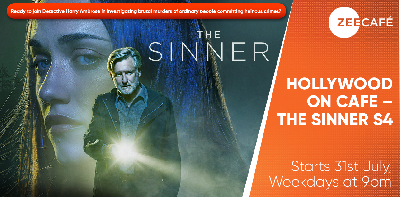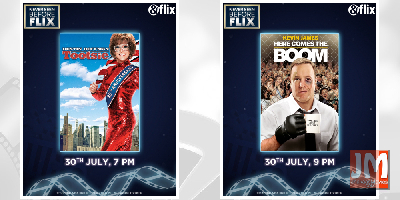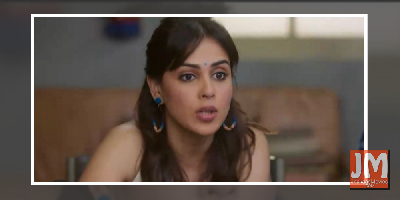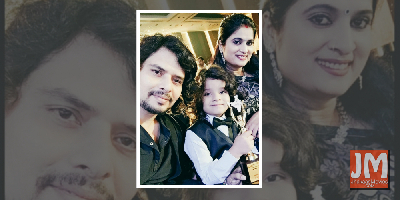 Aan Tiwari honoured with Best Child Actor award for Baal Shiv
Aan Tiwari honoured with Best Child Actor award for Baal Shiv Ghategi rahasymayi ghatnaye!
Ghategi rahasymayi ghatnaye! Amazon Prime Video unveils the 2021 Festive Line-up; brings a heady mix of Indian and International titles on the service
Amazon Prime Video unveils the 2021 Festive Line-up; brings a heady mix of Indian and International titles on the service Release: Music video of, Yeh Haalaath, from Mumbai Diaries 26-11
Release: Music video of, Yeh Haalaath, from Mumbai Diaries 26-11 Bhumi Pednekar feels she shares feel-good value with Akshay Kumar on screen
Bhumi Pednekar feels she shares feel-good value with Akshay Kumar on screen
Experts divided over regulation of OTT content in India

As calls for regulating content showed on the over-the-top (OTT) platforms grow stronger and with the government also reportedly examining regulations in foreign countries, experts have cautioned that pros and cons of such measures need to be evaluated properly before taking a decision.
The recent calls for OTT regulations came after controversies surrounding Tandav, Mirzapur 2, AK Vs AK and A Suitable Boy, among others.
While Tandav and A Suitable Boy attracted the ire of some for allegedly hurting religious sentiments, the Indian Air Force was not too happy about Anil Kapoor wearing a wrong uniform and using abusive language in AK Vs AK.
The producer of Mirzapur 2 and streaming platform Amazon Prime is facing allegations that the web series hurts religious, social and regional sentiments and damages social harmony.
According to Pavan Duggal, one of the nation's top cyber law experts, there is an urgent need for dedicated rules for the video streaming players.
He said "the OTT is a unique animal" which shares the features of an intermediary and not being an intermediary at the same time.
"OTTs qualify to be intermediaries under 2 (1) (w) of the IT Act , 2000 if they are dealing with third party data," Duggal told IANS.
Intermediaries are hardly held accountable for the content published on the platform, and are generally subject to the rules set by the platforms themselves.
"But OTTs also have their own content. So the same legal entity shares the features of an intermediary and not being an intermediary at the same time," Duggal said.
However, according to leading tech policy and media consultant Prasanto K. Roy, the idea of regulating streaming content delivered over the Internet flies against the idea of the Internet.
"When the content is anyway accessible via the internet directly (even if via subscription), it makes little sense to impose any kind of censor approval for a particulate channel of delivery."
"If this censorship is extended to the internet, imagine the problems for the largest global platforms, especially YouTube, which has a vast range of content, some of it age-limited, some of it geographically restricted - but the bulk of it user-uploaded: 300 hours of video uploaded every minute, 5 billion videos are watched every day," he said.
What is worse, he said that self-regulation "can be worse than heavy-handed government regulation" as it forces caution and morality, defined and led by a few, on content creators.
Self-regulation, he said, can stymie creativity and affect quality of shows.
"This is already happening in the cinema industry from pixelating out wine and beer in some movies, to trying to anticipate which character, dialogue or storyline will offend a fringe group who will go to court," Roy said.
"It would result in repeated automated takedowns of user-generated content by platforms eager to be compliant. Already, some platforms and producers "self regulate'; making this the norm would stymie creativity across the board," he said, adding that it is a good thing that the government is studying OTT regulation in other countries.
However, it would be important for the government to not look at the standards set by "Internet-freedom bottom-listers" like Russia or China, Roy said.
Tags: Cinema, Showbiz, National, Media, Immigration, Law, Rights, INSIGHT








